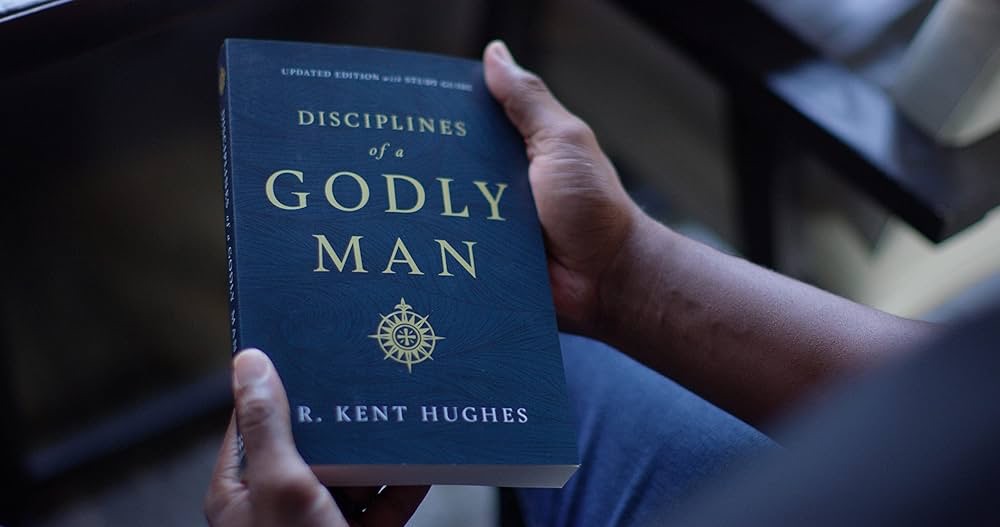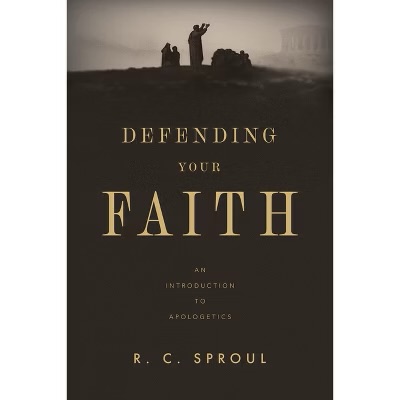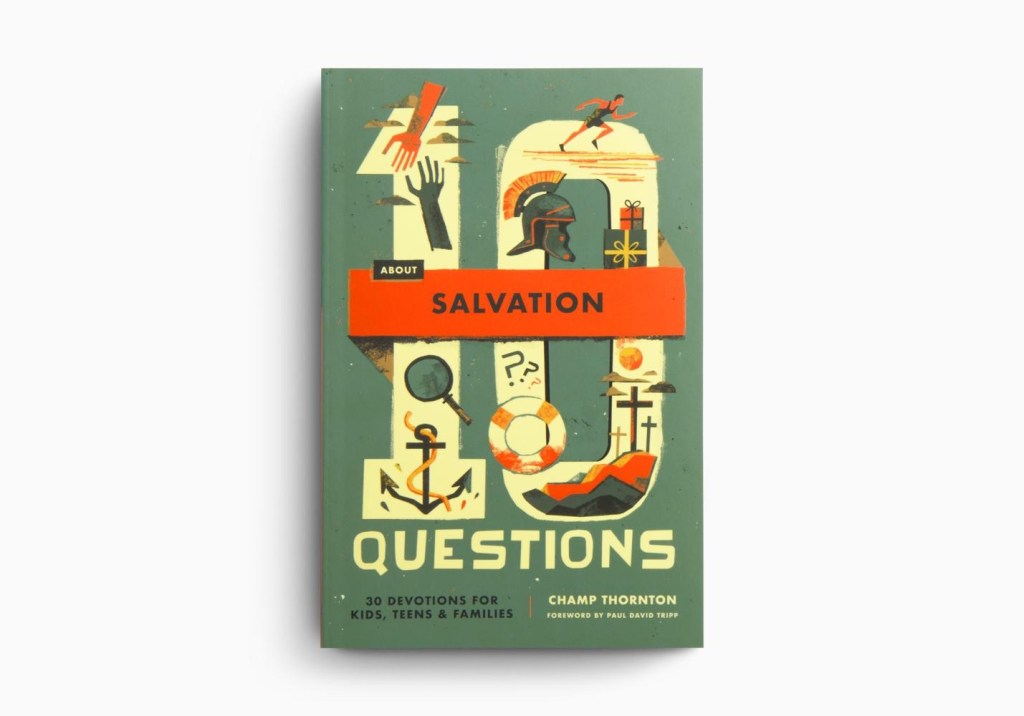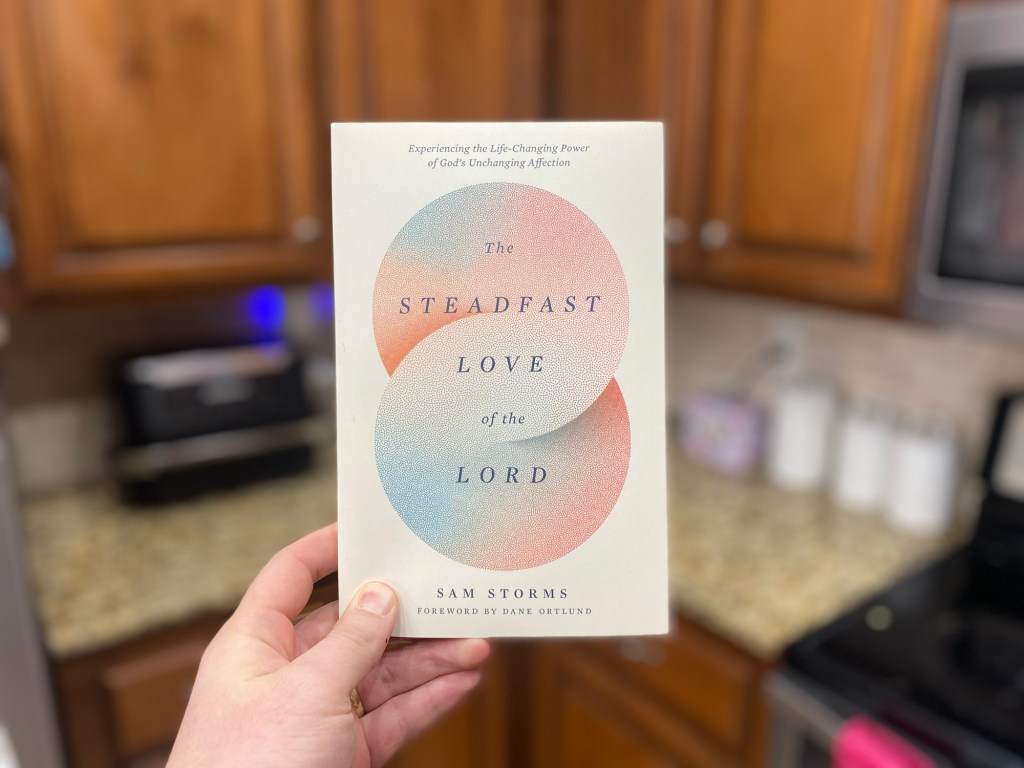Most everyone knows the story of Job. Satan came to God, and God allowed Satan to wreck Job’s entire life, yet did not give permission to take his life (Job 1:12).
Job’s oxen and donkeys (1:14), sheep (v. 15), camels (v. 17), and his children (vv. 18-19) were taken from him. Gone. Vanished in an instant because God gave Satan permission to test Job’s faithfulness.
And what was Job’s response? Worship. “Then Job stood up, tore his robe, and shaved his head. He fell to the ground and worshiped” (1:20).
Job continued, “Naked I came from my mother’s womb, and naked I will leave this life. The Lord gives, and the Lord takes away. Blessed be the name of the Lord” (1:21). And the text notes, in the following verse, that Job never sinned nor blamed God for this plundering (1:22).
Job is repeatedly used as an example of how we ought to respond to suffering of all kinds. “The Lord gives, and the Lord takes away” should be the cry of our hearts when suffering comes our way.
Suffering itself, however, is not necessarily the point, but rather to discuss why suffering comes our way. Many times—in Scripture and in our time—suffering is assumed to be the byproduct of our own sin, our own failures, our own mistakes. And perhaps that is true on occasion. There are some moments in life when we will do or say things that cause personal suffering and possibly to those around us.
But, by and large, our suffering is not the result of our personal sin. However, Job’s friends didn’t respond that way.
The interesting part of this story is, at the beginning of Job’s suffering, his friends—Eliphaz, Bildad, and Zophar—mourn with him biblically. All they did was “…sympathize with him and comfort him” (2:11). They sat in silence. Their mere presence was enough comfort for Job. And many times, that’s all we must do to be there for our brothers and sisters in Christ. Just mourn with them. Don’t talk—just be present.
Later on, however, his friends take an ungodly turn. In various parts of the Book of Job, each of Job’s friends explain they believe his suffering is due to his personal sin (Job 4:3-4, 7-8; 8:20; 11:14-15, 17). Even his wife said “Are you still holding on to your integrity? Curse God and die” (2:9)! Not only are they blaming his suffering on his presumed sin, but is also being told to curse the Lord.
Who Sinned?
Another story in Scripture speaks to this issue. John 9 pictures His disciples asking about the blind man who just passed by them. Looking to Jesus perplexed, they asked, “Rabbi, who sinned, this man or his parents, that he was born blind” (John 9:2)?
Jesus said: “Neither this man nor his parents sinned,” Jesus answered. “This came about so that God’s works might be displayed in him” (John 9:3).
By his response, Jesus dismantled the assumptions of His disciples, the theories of Job’s supposed friends, and our modern-day hypotheses as well. Suffering is not always the result of our sin, but of original sin. Suffering exists because of sin. However, that doesn’t mean all suffering is because of personal sin. More often than not, when suffering comes our way, it’s not because we committed a particular sin, but because the “works of God might be displayed.”
Why Am I Suffering?
Christian, it’s always wise to reflect on why things happen. Sometimes, suffering makes a visit because of something we did. However, that is simply untrue in many cases. Most of the time, we suffer because God has brought it into our lives to make us more like His Son (Romans 8:29). Our suffering is not pointless or in vain; it is not without hope, or void of meaning. God uses our suffering to display His unmatched glory, goodness, and mercy.
Let us reject the notion that our suffering—whatever it may be—is a result of our personal, unrepentant sin. That teaching is atrocious. Instead, let us remember God brings suffering to us to mold us more into the image of Jesus. Suffering, in the end, is always a gift in some form from our gracious Heavenly Father.
CS Lewis said:
I suggest to you that it is because God loves us that he gives us the gift of suffering. Pain is God’s megaphone to rouse a deaf world. You see, we are like blocks of stone out of which the Sculptor carves the forms of men. The blows of his chisel, which hurt us so much are what make us perfect.
So, Christian, are you suffering? Are you hurting or in pain or anguish? Take your eyes off of yourself and place them on the glory of Christ. His finished and sufficient atonement covers our suffering. It might not make the pain go away, but our pain—our “momentary light affliction”—is “ producing for us an absolutely incomparable eternal weight of glory” (2 Corinthians 4:17).










Leave a comment